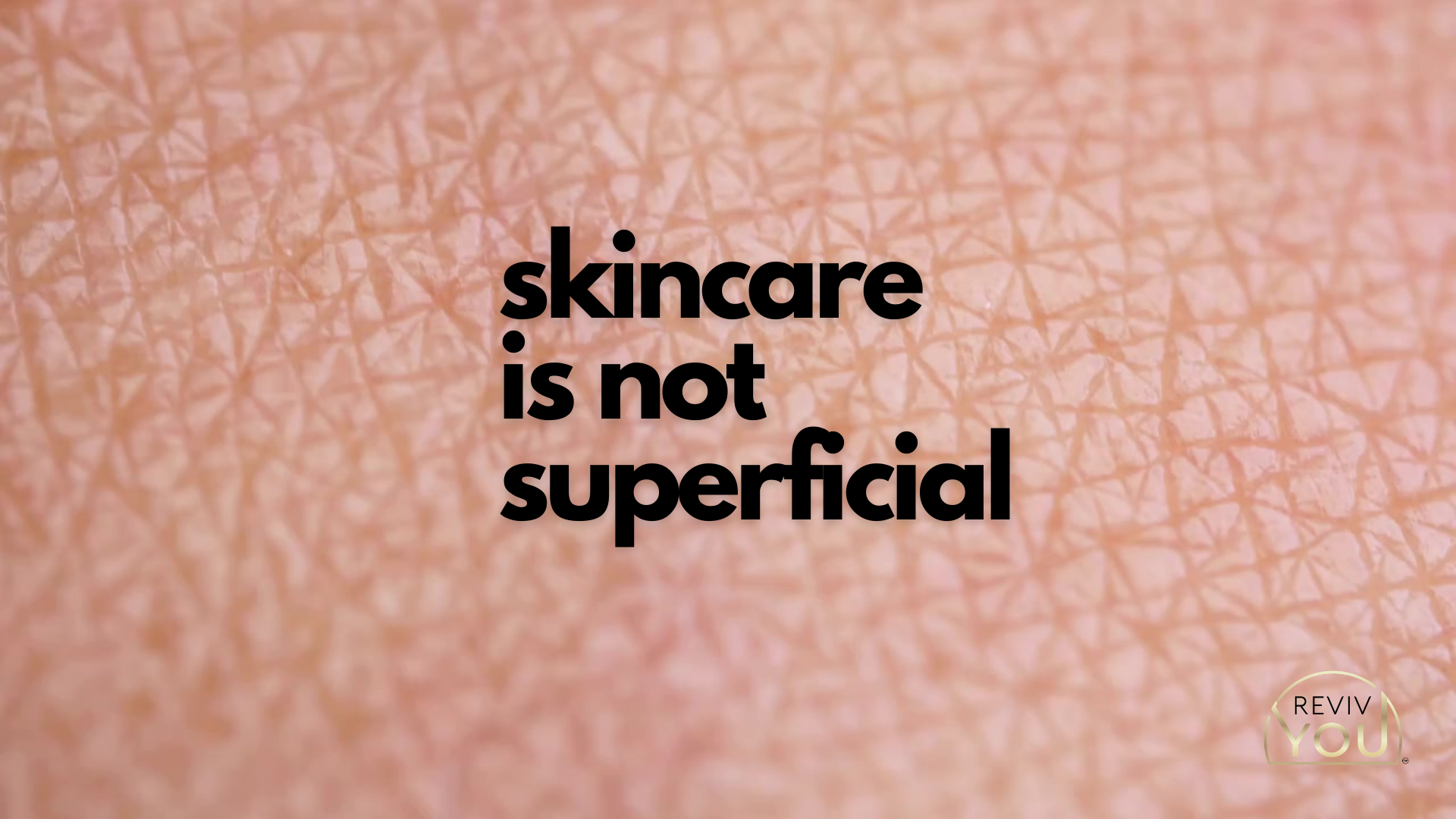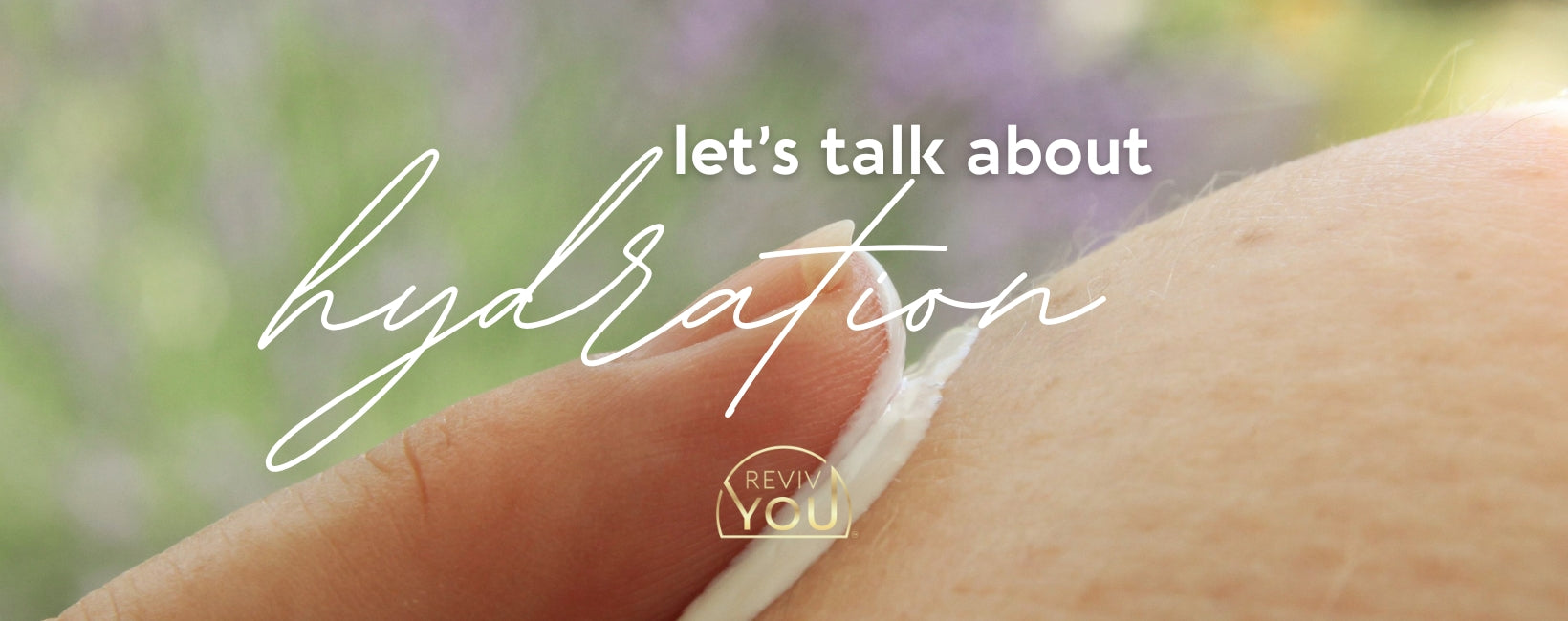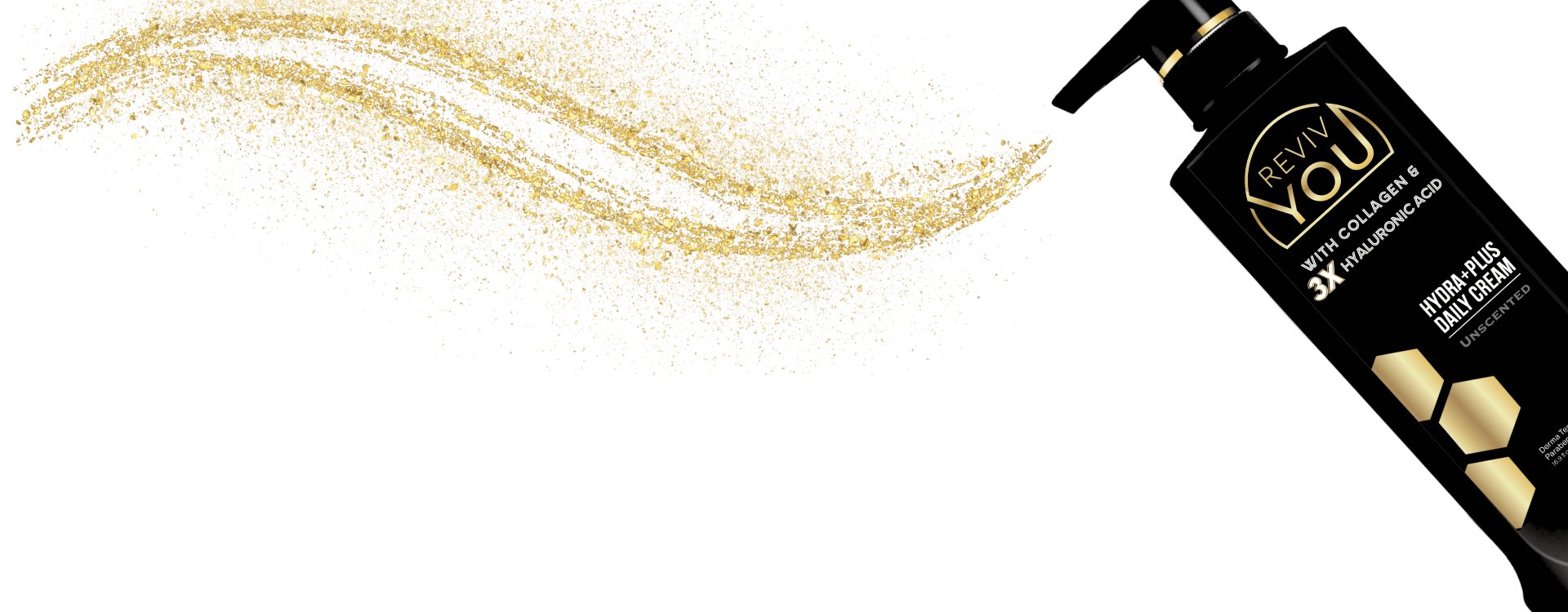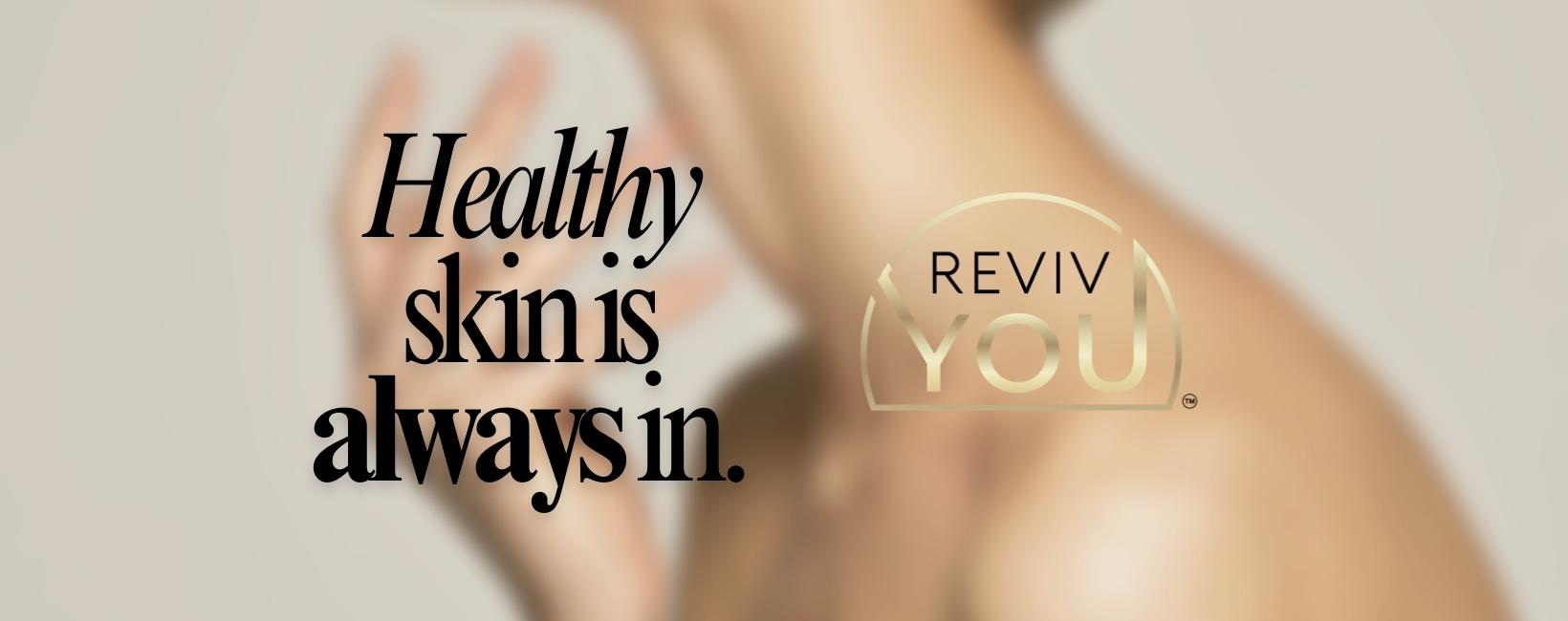Skincare isn't Superficial: it's Healthcare

When we think of healthcare, our minds often drift to doctors, hospitals, and medical treatments. While these aspects are undoubtedly crucial, there's an equally vital aspect of healthcare that we sometimes overlook: skincare. Skincare isn't just about vanity or achieving flawless beauty; it's an essential component of healthcare. It's the care and maintenance of our body's largest organ – the skin – which plays a vital role in protecting us from the outside world.
Let's explore why skincare goes far beyond the surface, emphasizing that it's not superficial but integral to our overall well-being.
1. Skin as a Barrier: Our skin acts as a protective barrier against a barrage of environmental factors, from harsh UV rays to pollutants. It's our first line of defense against infections and injuries. Proper skincare routines help maintain this barrier's integrity, preventing harmful substances from entering our bodies.
2. Preventing Skin Conditions: Skincare isn't just about addressing existing issues but also preventing them. Regular cleansing, moisturizing, and sun protection can prevent conditions like acne, premature aging, and skin cancer. In this sense, skincare is a proactive healthcare approach.
3. Self-Care and Mental Health: Engaging in a skincare routine isn't just about applying creams; it's an act of self-care. The time spent cleansing, applying serums, or indulging in a spa day can be a form of relaxation and stress relief. Good mental health is a crucial aspect of overall well-being.
4. Addressing Medical Conditions: Skincare is often used in the medical field to address various skin conditions. Dermatologists use topical treatments to manage conditions like eczema, psoriasis, and more. Thus, skincare can directly impact an individual's health and comfort.
5. Enhancing Confidence: Feeling good about your skin can boost your self-esteem. Low self-esteem can have significant implications for mental health and overall quality of life. Skincare can be a path to self-confidence.
6. Sun Protection: Protecting your skin from the sun's harmful UV rays is one of the most critical aspects of skincare. Sun exposure is a leading cause of skin cancer, and practicing sun protection is a health-conscious decision.
7. Anti-Aging and Well-Being: Slowing the signs of aging isn't just about looking younger; it's about feeling better as you age. Skin health is interconnected with overall well-being. When your skin is healthy, you feel more energetic and confident.
8. Holistic Health: Skincare is just one piece of the puzzle in the quest for better health. It complements other aspects of self-care, including a balanced diet, regular exercise, and proper hydration, contributing to your holistic health.
Skincare should be celebrated as an integral part of healthcare. It's not just about cosmetics or superficial concerns. Proper skincare routines promote health, protect against disease, and contribute to overall well-being. So, the next time you apply your favorite moisturizer or sunscreen, remember that you're not merely pampering yourself – you're taking a vital step towards holistic healthcare. Your skin deserves the best, and your body will thank you for it.




Comments